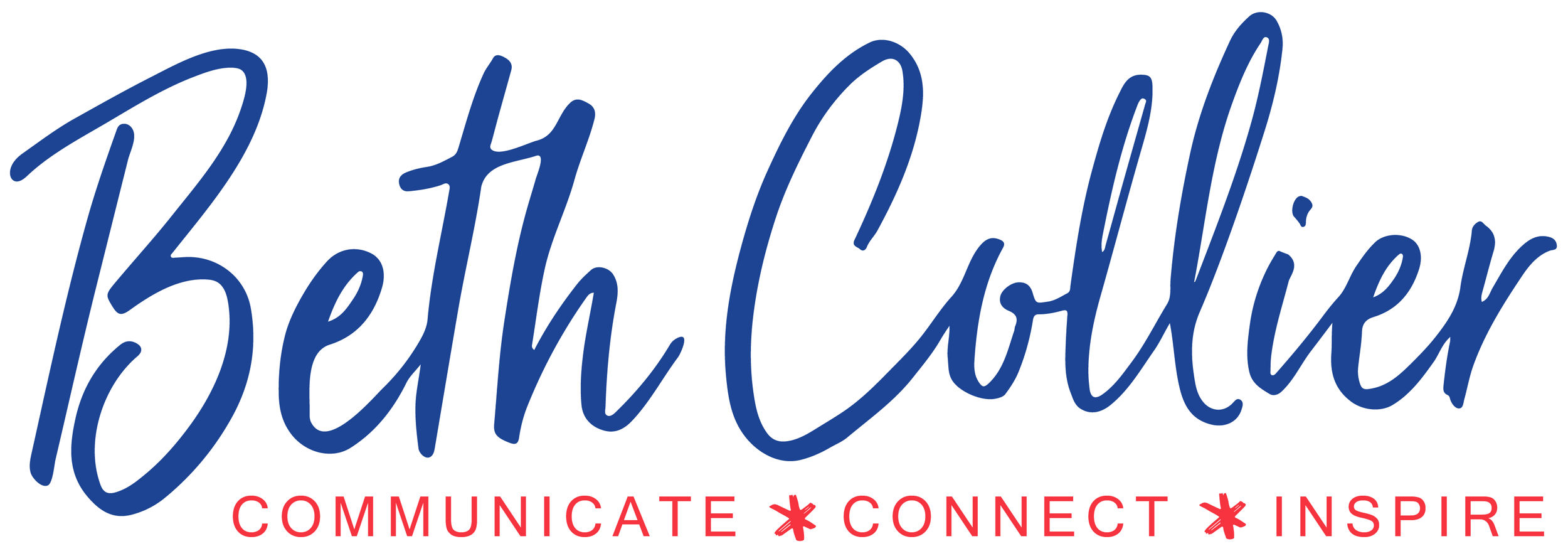A Tale of Two Layoffs
Last week we saw two tech companies announce layoffs – payments company Stripe and social media platform Twitter.
But the communication from these two companies (and their execs) was vastly different – and is worth closer examination.
On 3 November, Stripe announced they would be letting “around 14 percent” of their workforce go. The announcement was shared on Stripe’s website, and attributed to co-founders Patrick and John Collison, who are Stripe’s CEO and President, respectively.
Stripe co-founders Patrick and John Collison
The first paragraph of their announcement let employees know what was coming – and told them they would receive a notification email within the next 15 minutes if their job was among the 14 percent that was being cut.
Further in the first paragraph, John and Patrick say two important things: “we’re very sorry” and that they are “fully responsible” for the decisions leading up to this.
They then set the scene for the context behind these changes, helping people understand why these decisions had been made.
Several paragraphs later, they acknowledge “there’s no good way to do a layoff” but that they’re going to do their best to “treat everyone leaving as respectfully as possible” and do what they can to help.
Then they get to the nitty gritty: the severance, the bonus, the healthcare, and immigration support departing employees could expect.
The message of care is repeated, with the announcement of a Stripe alumni network, and more importantly with the 1:1 conversations that each departing employee will receive over the next day.
John and Patrick own the mistakes they made that brought the company to this point – and share a message of hope about the company’s position going forward.
Three things jumped out at me when I read this note:
1.Ownership and Responsibility
This message comes from the leaders. They take responsibility and own the mistakes they made that have now resulted in job losses.
2. Care
The language used, the severance details, and content of this announcement gives a feeling of appreciation and care. The employees who are losing their jobs are spoken of highly, and with respect.
3. Timeliness
Employees received a heads up that layoffs were coming, but they weren’t left to toil for weeks or days or even hours. They are told when they’ll find out more: in 15 minutes. And if they were losing their jobs, they would also have a 1:1 conversation the next day.
Let’s contrast this to the Twitter announcement made later that day.
Ever since Elon Musk took over the reins, employees have been on tenterhooks about the security of their jobs. The rumor mill went into overdrive over the last week as employees communicated what they had heard (unofficially) and seen on Musk’s twitter feed.
Chief Twit Elon Musk
As one Twitter employee told the New York Times:
“We have had zero communications from anybody internally.“In fact, there has been more external communication on twitter.com than to Twitter the employees.”
Employees had heard layoffs might happen earlier in the week, but on Thursday they received an email signed by “Twitter” that said the layoffs would happen the next day.
The message from Twitter was brief, and showed more care for protecting their systems and data than for the people losing their jobs.
Employees were told they would find out how their role was affected at 9 am PST the next day. If they still had a job at Twitter, the message would come to their Twitter email account. If not, it would be sent to their personal email address.
They recognized that this system might not be 100% effective, and told employees to contact HR if they hadn’t received an email by 5 pm PST Friday.
That meant employees would potentially be in limbo for eight hours – and then what? Could they expect a response that evening or over the weekend? Or would they be waiting until normal office hours resumed on Monday? No details were provided.
And some employees were tipped off to their fate when their system access was shut off before the announcements were made – while another reported being cut off in the middle of a meeting.
The Twitter email said they “acknowledged” this was an incredibly challenging experience (Note: interesting word choice to use “acknowledge” instead of warmer “understand”).
But then the focus quickly returned to themselves.
They said “thank you”, but not for contributions or effort employees had made, but for “continuing to adhere to policies that prohibit you from discussing confidential company information on social media, with the press, or elsewhere.”
That line, and the general tone of the email, made the closing line “we are grateful for your contributions” boilerplate feel generic at best – and disingenuous at worst.
Where Stripe showed care for people, Twitter showed care for their systems and keeping their dirty laundry private.
If you look at tweets and posts from “Tweeps” online, you’ll see a sense of care and community in the way they praise their colleagues – and their former employer.
But there is no sense of community or care in Twitter’s email.
And there is no sense of responsibility. Of ownership. The Twitter email isn’t attributed to a person – or even a leadership team. So who is the “we” they refer to five times in the email?
Where Stripe feels like it leaned on communication and HR for support for managing their layoffs, Twitter feels like it leant on legal. And finance.
Stripe’s leaders are right – there’s no good way to do a layoff.
But there are better ways to do it.
As they have demonstrated.
***********************************************************
Beth Collier loves writing, pop culture, and leaders who treat their employees with respect.
She also loves helping companies, leaders, and teams improve their communication (and creativity and leadership) through consulting, coaching, and workshops.
Her clients benefit from Beth’s global corporate experience, Midwestern practicality and enthusiasm, and an endless supply of pop culture references.
To find out how Beth can help you become a more confident, creative, and compelling leader – or improve communication in your company – visit www.beth-collier.com or drop her a line at beth@beth-collier.com
__________________________________________
Want a dose of positivity and fun in your inbox?
Sign up to receive my free newsletter, Curious Minds.
Each week you'll get insights that mix curiosity with business, history, or pop culture.





